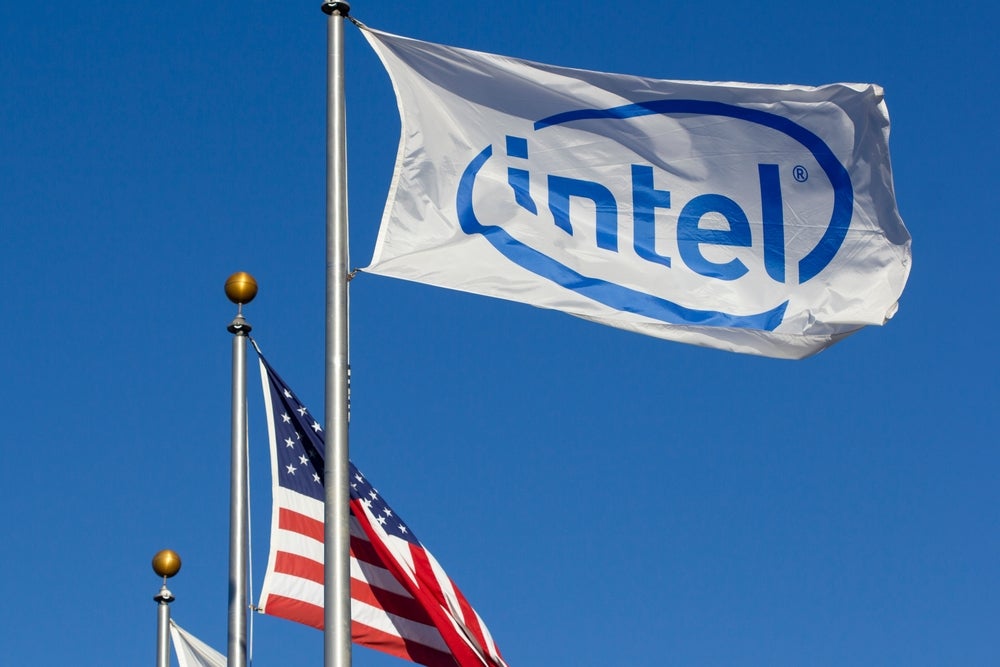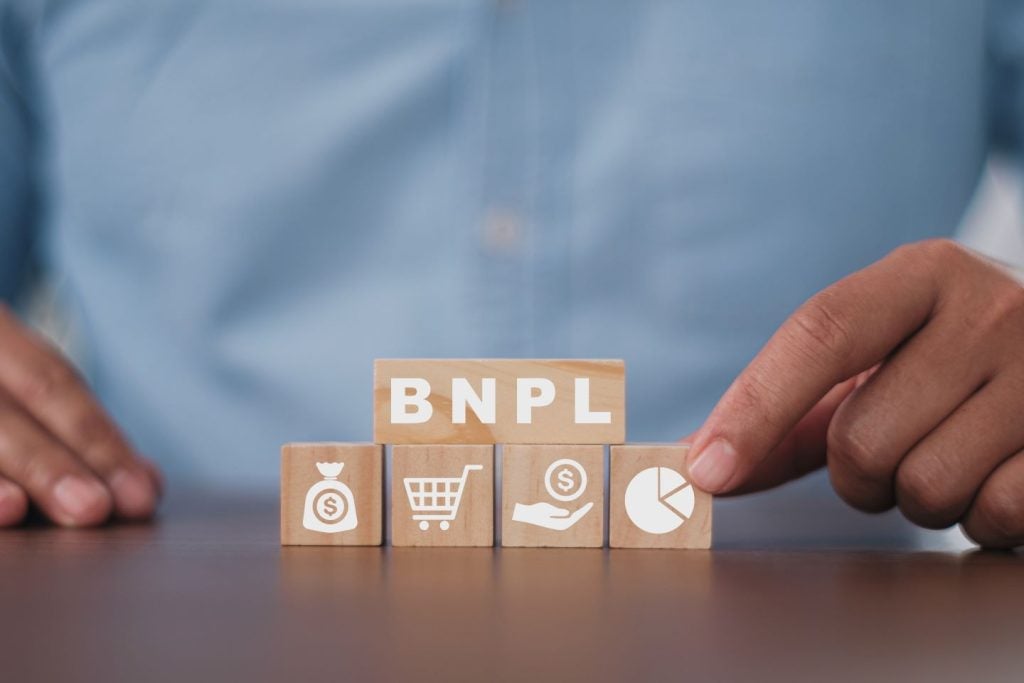
Arm-backed accelerator Deeptech Labs has unveiled its inaugural cohort of startups and its CEO has explained what he really means when he talks about deeptech.
Deeptech is a catch-all phrase that has been around in the technology sector for decades. Usually, it refers to startups innovating to solve considerable scientific or engineering challenges.
The generic term has in the past included everything from artificial intelligence (AI) and biotech to quantum computing and robotics. Just like with AI and blockchain, startups often use deeptech as a buzzword when trying to drum up fresh capital. In some cases – like when Tech Nation allegedly counted PR agencies, art galleries and law firms as AI businesses – the escalating use to these descriptors may result in the terms losing their precision.
No wonder deeptech was hailed by Tech Nation as one of the three biggest technology sectors in Britain in March. The other two were fintech and transport technology. Similar growth has been noted in countries like France.
Nevertheless, Miles Kirby, CEO of Deeptech Labs, tells Verdict he’s clear about what deeptech means for him.
“Deep technology companies have unique new technology at their core,” he says. “They are not using existing off-the-shelf solutions, rather they are developing brand-new technologies because no existing approach fully solves the problem at hand.
How well do you really know your competitors?
Access the most comprehensive Company Profiles on the market, powered by GlobalData. Save hours of research. Gain competitive edge.

Thank you!
Your download email will arrive shortly
Not ready to buy yet? Download a free sample
We are confident about the unique quality of our Company Profiles. However, we want you to make the most beneficial decision for your business, so we offer a free sample that you can download by submitting the below form
By GlobalData“In some cases deeptech companies develop new applications using established technologies that may be used elsewhere and combine multiple technologies in a new novel way to address the application. Often deeptech companies are developing protectable intellectual property as part of their novel use of technologies.”
It’s this definition Deeptech Labs used when it selected its first cohort of startups in the first programme that started back in March and that will end next week.
Each startup selected to take part in the 13-week programme has had access to a network of tech leaders as well as a £350,000 cash injection. And just like at Y Combinator, Plug & Play or any other major accelerator out there, the three-month programme ends with a demo day where the founders can present their startups to prospective investors, including Deeptech Labs itself.
How much equity the accelerator takes when investing in a venture depends on the startup.
“It varies depending on the deal,” Kirby says. “We typically invest somewhere between the company’s seed and Series A valuation in a credit-linked note with a discount and a valuation cap.”
The inaugural Deeptech Labs cohort consists of five startups that joined the programme in March and are now gearing up for the accelerator’s first demo day on 18 June.
The first one is named Autofill. The startup is developing a tool for daily vehicle inspection reports to modernise existing workflows through precise automation.
The second company is called BKwai and is building a platform to deliver big data insights to engineers in the construction industry.
Circuit Mind’s AI platform is designed to empower engineers to design reliable and faultless circuit boards in hours.
Mindtech is building a platform enabling customers to create unlimited training data for AI vision systems with the aim to getting products to market faster and cheaper
The fifth startup is called Contilio and, according to its CEO and co-founder Zara Riahi, it is “building the world’s first 3D AI analytics platform used by global construction companies and asset owners.”
Deeptech Labs is backed by British microprocessor designer Arm, Cambridge Innovation Capital, Ewan Kirk, Martlet Capital and the University of Cambridge.
“From Arm’s earliest days in a barn just outside the city, to its position as a global technology leader headquartered here today, Cambridge has remained a critical hub of talent, creativity and innovation,” says Adam Bastin, VP of corporate development at Arm.
“In co-founding Deeptech Labs, we’re pleased to support the next generation of game-changing technology companies by helping them to access the world-class Cambridge technology ecosystem.”
Graphics processing unit giant NVIDIA is currently trying to acquire Arm in a $40bn deal, but has to convince regulators in the US, the UK and China to go along with the deal, despite concerns what it would mean for national security and competition.
Deeptech Labs’ second cohort will start in September 2021. Kirby says that for the next batch, the accelerator is searching for businesses with proof of concept.
“We’re also looking for entrepreneurs who are ready to learn, and who want to engage with our community to fill in the gaps in their own expertise,” he says. “We involve our community in selecting these entrepreneurs through an advisory committee, so many of the most qualified deeptech experts in the world are part of our selection process.”







